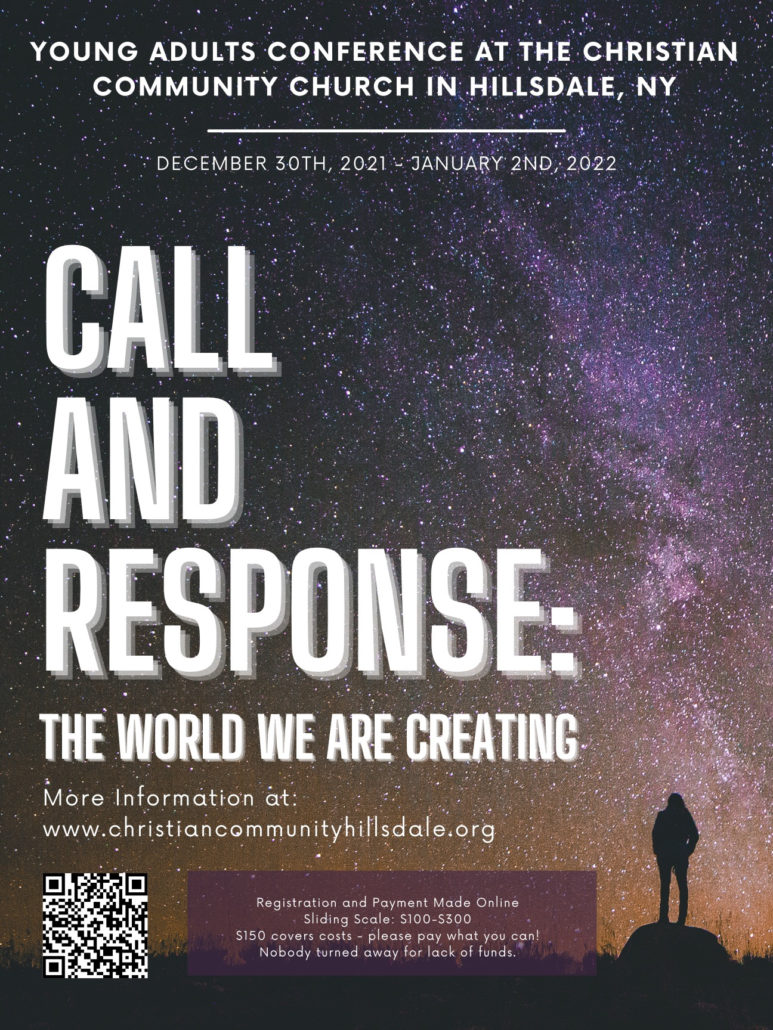Latest News
Kitchen Chat and more…
Kitchen Chat and more…
When the new year has begun, we traditionally wish each other a Happy New Year. That sounds nice—but these days you have to wonder whether that wish is still realistic. Actually, we already know, don’t we, that the new year won’t be as happy as we wish it for each other.
Our future is overshadowed by the ballast of the past, by unfinished business, by lingering conflicts and crises. We bring all of that with us into the new year without much prospect of improvement, let alone miracles. At best we could wish someone happiness with unhappiness for the new year, in the hope that the damage will remain limited.
Or does perhaps the unhappiness, which has our entire humanity in its grip, still have something else in store for us?
A century ago, Michael Bauer, one of the most prominent modern mystics, described a memorable encounter with the angel of suffering, who came to bring him unhappiness. He writes:
“Once, when I was visited by suffering, I was so awake that I could see the messenger of God. To my surprise I noticed that he was holding his right hand behind his back, as if he was hiding something in it.
‘May I know what you are hiding?’ I asked.
‘Not yet entirely,’ he answered. ‘But what I can tell you is that it is something precious that gives joy.’
‘Are you then not only the angel of suffering, but also of joy?’
‘Certainly, how could I be an angel if I would only bring suffering?’
‘For whom is the joy intended that you are hiding in your hand?’
‘For you.’
‘For me? O, when can I get it?’
‘As soon as you trust and your soul is stilled.’”
Perhaps that is the best thing we can wish each other for the future: trust in the spiritual world, in order to welcome the angel of joy and suffering with a stilled soul. For also in suffering, also in unhappiness, yes, even in ill fate the angel of destiny goes with us, all the days, to the end of the world.
Rev. Bastiaan Baan January 2, 2022
Three days of conversation, contemplation, and activity around questions about Responsibility as we enter into a new year. What is our responsibility to ourselves, to our community, and ultimately to the spiritual world?
For young adults aged 19+
Featuring local artists, thinkers, and priests of the Hudson Valley area.
With a talk by Charles Eisenstein.


